
Almost two-thirds of Russians would like to see an end to the war and the signing of a "compromise peace treaty" between Russia and Ukraine, while only 36% of respondents consider this feasible - a study by the "Chronicles" project.
The exact number of people who participated in the study is not specified. During the surveys, all respondents were divided into two equal groups: participants in the first group were to answer questions about what political decisions and actions they expect from the Russian authorities, while the second group was to express what changes they would like to see themselves.
Study: More than a third of Russians Expect Mobilization
Among the most likely actions that respondents believe the authorities will take are an increase in the budget for the military (78% of respondents expect this to happen), a focus on addressing internal and social issues (48%), the end of the war in Ukraine after achieving the goals declared by the Kremlin (47%), a peace treaty with Ukraine with mutual concessions (36%), mobilization (35%), the restoration of relations with Western countries (28%), and the lifting of sanctions imposed on Russia (22%).
The most desired actions by the authorities, according to respondents, include ending the war after achieving the Kremlin's goals and focusing on solving internal and social problems (both at 88%), a peace treaty with Ukraine with mutual concessions (64%), lifting sanctions (63%), restoring relations with Western countries (58%), increasing military spending (49%), and mobilization (16%).
Thus, the gap between desired and expected events averaged 25 percentage points. Additionally, Russians desire more liberal solutions than those they expect from the authorities.
Only 11% of Russians Explicitly Oppose the War in Ukraine, While 39% Declined to Answer
Respondents were asked: "Do you support or oppose Russia's military operation in Ukraine, are you unable to answer definitively, or do you not want to answer this question?" In response, 50% of those surveyed said they support the war, 39% declined to answer, and the remaining stated that they do not support the war.
At the same time, 28% of respondents expressed their readiness to participate in the war "within the framework of an order," while another 9% are willing to volunteer. Those not willing to participate amounted to 38%, and 19% declined to answer. The remaining 6% stated that they are not subject to mobilization.
When asked about their possible reaction to a family member signing a contract, 55% of respondents said they would not support such a decision, while 30% would approve, and the remaining 15% declined to answer.

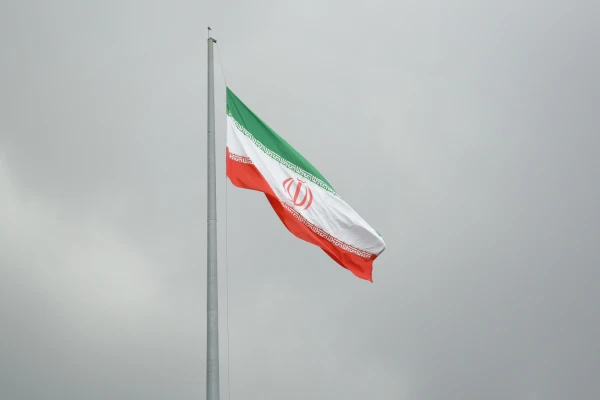
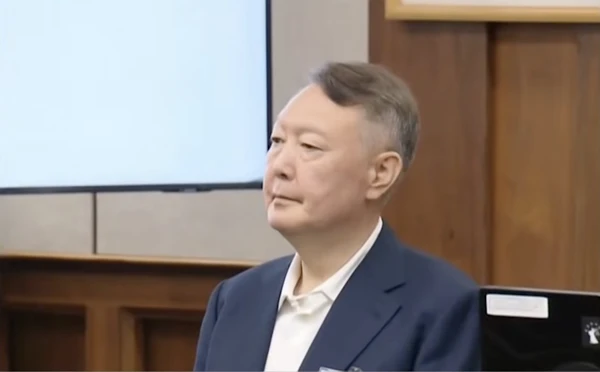
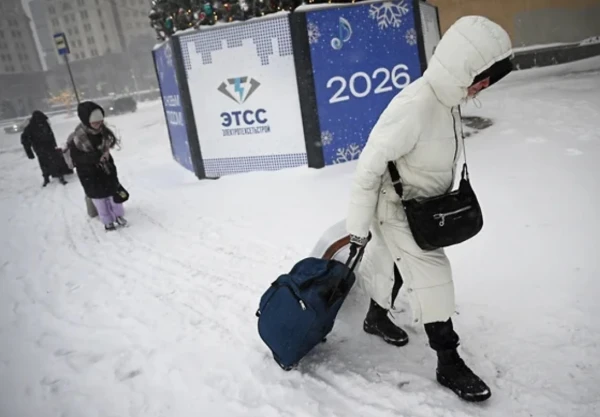
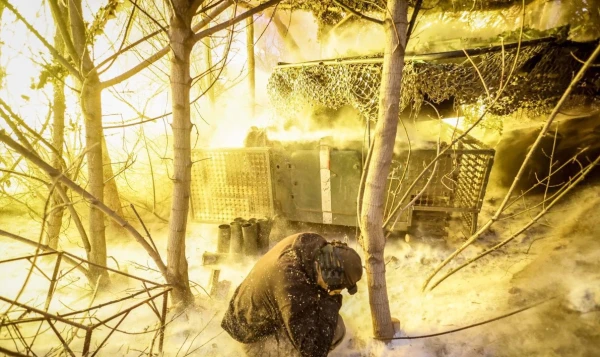
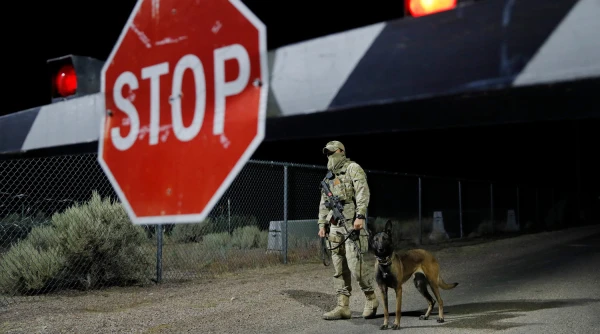

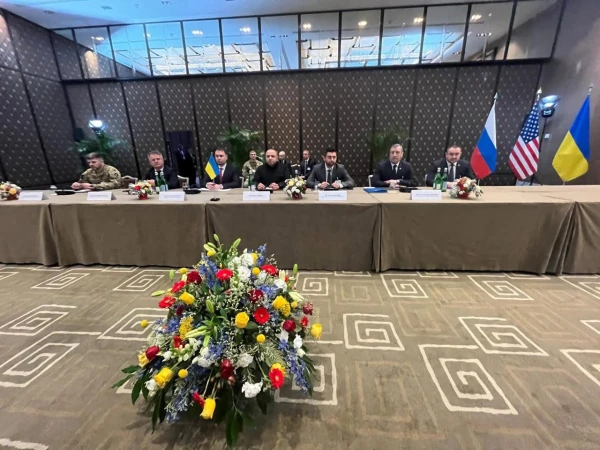
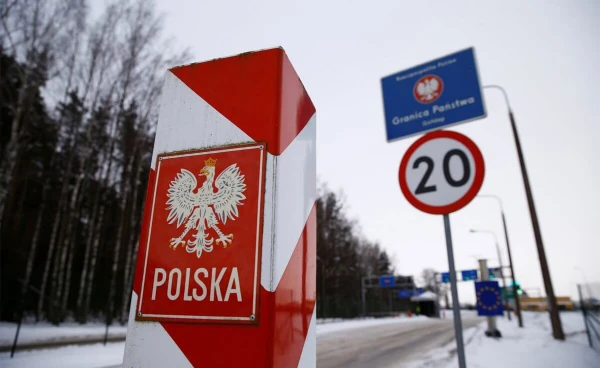





Leave a comment